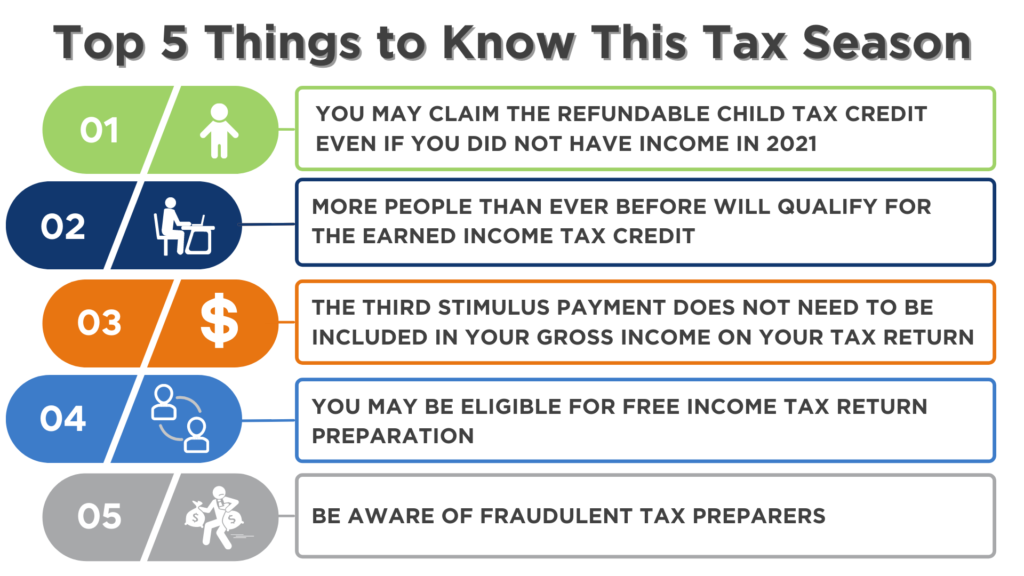
Medical bills can be confusing, overwhelming, and often come when you are already in distress. It can be difficult to understand what you owe, to whom, and by when. It can also seem that you are being pushed to pay amounts you cannot afford or do not owe to protect your credit. If this sounds like you or a loved one, there is help available.
Here’s what you need to know:
- Under the Affordable Care Act, nonprofit hospitals (like Atrium CMC and Novant Presbyterian) are required to offer financial help to certain people who cannot afford their medical care. Financial assistance is an important part of the nonprofit hospital’s commitment to its community.
- Ask for a copy of the Financial Assistance policy and Application up front. Fill it out as soon as possible and provide all required information.
- Getting help with medical bills does not jeopardize your immigration status. If you are not a citizen, you can ask for and receive help with medical bills for you and your family, without fear of negative consequences to your immigration status. If you speak a language other than English, you can ask for the information in your preferred language.
- Even if your bill is past due and you’re being contacted by a debt collector, you can ask the debt collector to pause collections while you seek financial help through the hospital’s program.
- In North Carolina, most past due medical debt cannot be garnished from wages, even after a lawsuit. (This will vary by case.) Contact the hospital or medical provider to ask for assistance up front.
- If you’re having an issue with debt collection, you can submit a complaint with the CFPB online or by calling (855) 411-CFPB (2372). The Consumer Financial Protection Bureau (CFPB) takes complaints over the phone in Spanish and 180 other languages at 855-411-CFPB (2372).
How to ask about financial assistance or charity care for medical bills:
- Ask for a copy of the hospital’s Financial Assistance Policy up front. By law, the policy must explain how to apply for help.
- Fill out an application form, if required, and be ready to provide information about your income, including last year’s tax forms or a current pay stub, and your expenses, including your rent or mortgage payment, utilities, credit cards, and other debts.
- Ask your provider how long it takes to process your application for financial assistance, how to get answers to questions about the application, and what happens with your bill in the meantime.
- Notify any debt collectors that you’re seeking financial assistance for the bill and tell them to pause collections while that process plays out—and if they already reported it on your credit, to show the bill as disputed.
- Follow up with your provider about the status of your application as necessary.
More Resources:
Are you getting the help with your medical bills you are entitled to?
Your rights when dealing with debt collectors
Know your rights and protections when it comes to medical bills and collections
Submit a complaint to the Consumer Financial Protection Bureau

